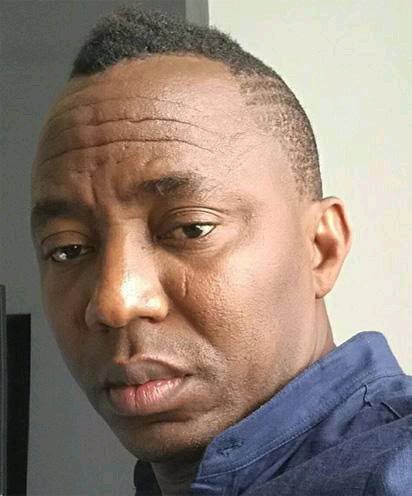
In Sowore’s words: “It is the Nigerian government that goes to the southeast to go and militarize it. It is the Nigerian government that refused to released Nnamdi Kanu, something that would have solved a big problem, and then instead of releasing him (Kanu) you go and put army on the east. Every kilometer in the southeast there are army checkpoints but after 100 kilometers in the north you can’t find the army. There was a man in Katsina who said there are only 5 guns in an LGA in Katsina State”
Sowore’s observations align with his broader critique of Nigeria’s governance, particularly regarding regional inequalities and security policies. He has consistently linked such disparities to systemic issues, including the marginalization of certain groups, as seen in his calls for Kanu’s release. On October 24, 2024, Sowore argued that Kanu’s detention since June 2021 reflects Nigeria’s “Igbo problem,” rooted in post-civil war marginalization, and criticized President Bola Tinubu for not freeing him as a gesture of justice.
